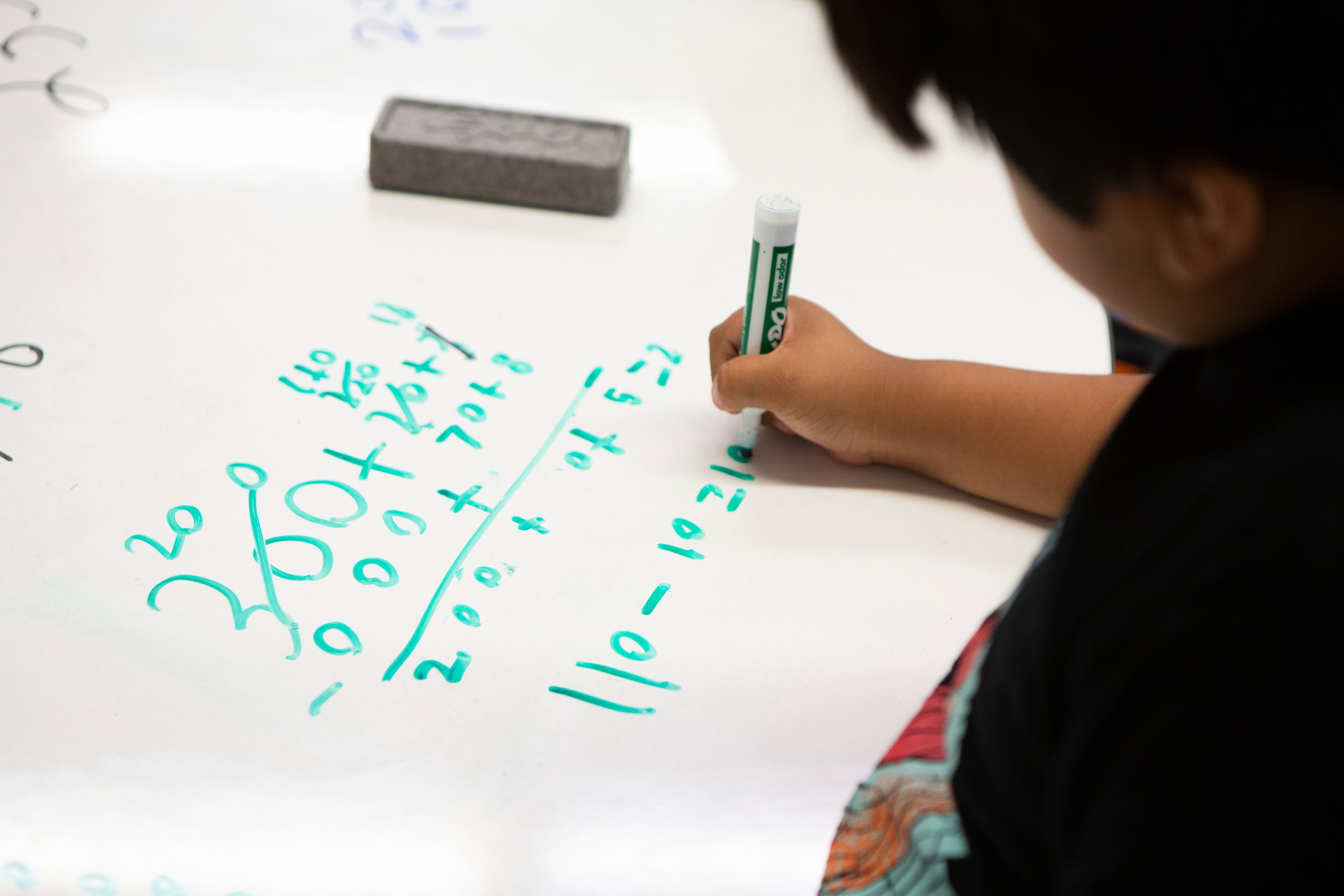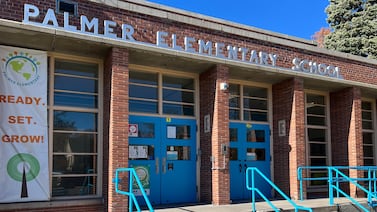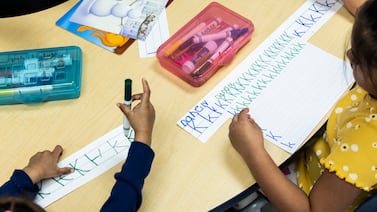Sign up for Chalkbeat Newark’s free newsletter to keep up with the city’s public school system.
Newark schools looking to bolster programs and create new initiatives or learning environments for the city’s most vulnerable students can apply for a new $1 million grant.
Sponsored by the New Jersey Children’s Foundation, the “Accelerating Outcomes for Exceptional Learners” grant program aims to provide city schools with more resources to develop, support, and increase achievement outcomes for Newark’s students with disabilities and multilingual learners.
The foundation is accepting grant requests that will focus on special education and multilingual programming and build new support systems to better serve those students, said Barbara Martinez, executive director of the foundation, a charter school-aligned nonprofit advocating for the improvement of public education systems. The grant comes as the number of diagnosed autism cases in Newark has surged since 2000 and multilingual learners have increased citywide.
“We wanted to help facilitate that by providing additional funding that may not be available through public sources to help schools innovate programs that maybe they wanted to try and haven’t been able to because of funding,” Martinez added.
Students in need of special education services are rising year over year and more than 10,000 students – a quarter of the Newark Public Schools’s enrollment – are multilingual learners.
In 2020, one in 20 Newark children had been diagnosed with autism, compared with one in 167 in 2000, according to researchers at Rutgers University. Last school year, Newark mothers of students with disabilities said they were still reeling from the negative effects of the pandemic and have struggled to secure in-classroom aides, compensatory education, and specialized services for their children. At Great Oaks Legacy Charter school in 2022, teachers raised concerns over the lack of resources for students with disabilities and teacher pay.
With the influx of English language learners in the district, officials will launch a new bilingual program at Malcolm X Shabazz High School this fall. The district is also wrestling with a shortage of bilingual teachers who can communicate in different languages. Most of the district’s multilingual learners speak Spanish or Portuguese, although some speak Arabic, French, Haitian Creole, or other languages.
The data shows schools need extra resources to tailor educational programs to these student populations, Martinez said.
“We have a lot of migrant students and we have schools that are doing the best that they can to serve as many children who are learning English and give teachers extra skills to serve special needs students,” Martinez added.
Schools can be awarded two-year grants of up to $100,000 starting in July and ending in June 2026. Schools should implement new programs by fall 2024 and new learning environments should be operational by fall 2025, but may be launched earlier, according to a Children’s Foundation press release. Traditional public schools and charter schools, which are publicly funded but privately managed, are eligible.
Applications with a focus on students with autism, students with emotional support needs, and students from migrant communities will be prioritized, according to the foundation’s press release.
Additional funding may be available for local organizations willing to conduct quarterly professional development cycles, help other grantees, and share data to measure and track their progress. The Children’s Foundation is also partnering with All Means All School Leadership Program, a 15-month cohort-based fellowship designed for school leaders to strengthen adaptive and technical skills in classrooms to increase equitable outcomes for marginalized students. The foundation will provide funding to cover tuition and travel for school leaders to participate in the program.
Schools interested in applying for an “Accelerating Outcomes for Exceptional Learners” grant can email sarah@njchildren.org.
Clarification: June 14, 2024: This story was updated to clarify that both traditional public schools and charter schools, which are publicly funded but privately managed, are eligible.
Jessie Gómez is a reporter for Chalkbeat Newark, covering public education in the city. Contact Jessie at jgomez@chalkbeat.org.




